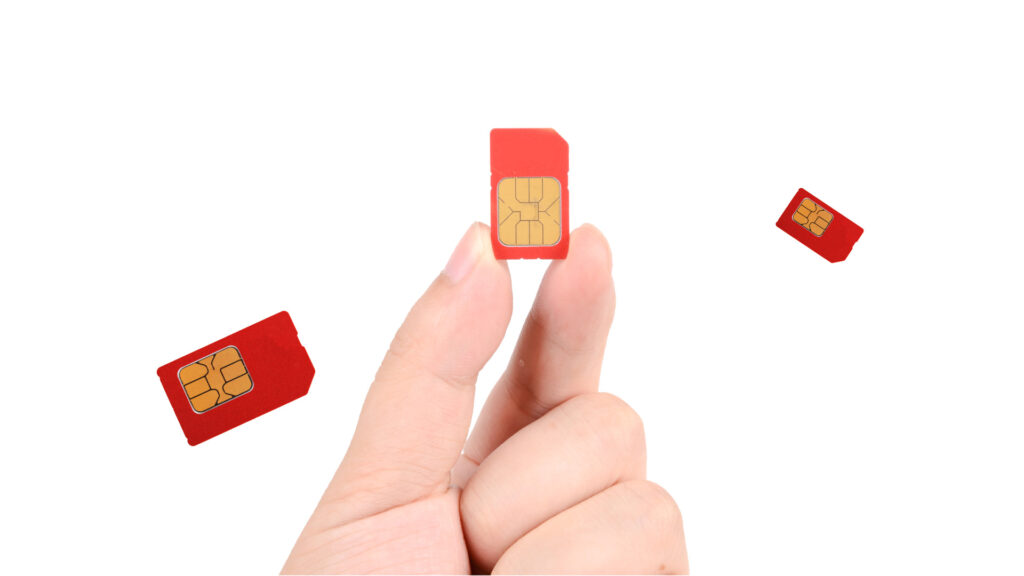The ongoing debate between postpaid and prepaid services has a long history. Let’s be frank: prepaid used to carry a somewhat negative connotation in the United States. It was typically associated with individuals on a tight budget, those with poor credit, or teenagers. Prepaid plans were often seen as inferior to postpaid plans, giving off a perception of being “discount bin” services. Fortunately, times have changed for the better.
Modern prepaid plans now frequently rival postpaid offerings in terms of value and features. They have become highly competitive and even offer comparable network prioritization. In this guide, we will delve into the distinctions and advantages of prepaid and postpaid plans, enabling you to make an informed decision about which service best suits your needs.
The primary distinction between prepaid and postpaid plans is quite evident: with prepaid, you pay in advance for the service, whereas postpaid entails receiving a bill for the previous month’s services and settling the payment afterward. However, there are additional nuances to consider.

Comparing Prepaid and Postpaid: Notable Distinctions
Outlined below are several key differences between prepaid and postpaid plans:
- Cost: Generally, prepaid plans are more affordable compared to similar postpaid options.
- Perks: Prepaid plans often provide fewer additional benefits and may not offer multi-line discounts, although some prepaid services do offer such benefits.
- Customer Service: Prepaid plans typically have less convenient customer service options, with only a few, like Cricket, offering physical store locations.
- Network Prioritization: Prepaid plans are often prioritized over postpaid plans that operate on the same network, although exceptions exist.
- Device Acquisition: Prepaid plans frequently require you to purchase a phone outright, while carriers usually offer incentives and financing options for postpaid plans.
Determining the Ideal Plan: Postpaid or Prepaid
Choosing the best plan ultimately depends on your specific needs and preferences. If you are tech-savvy and comfortable troubleshooting with limited assistance, prepaid plans can be an excellent choice. However, if you tend to get easily confused and lack someone in your family who can assist you, the limited customer service of prepaid plans might be a significant drawback.
While prepaid plans may entail certain compromises, such as deprioritized service, conducting thorough research and understanding these trade-offs should help you make an informed decision. Personally, I have switched between prepaid and postpaid plans multiple times throughout the years and cannot definitively state which is superior. It truly depends on how much you are willing to spend and how open you are to switching providers if a prepaid option does not meet your expectations.